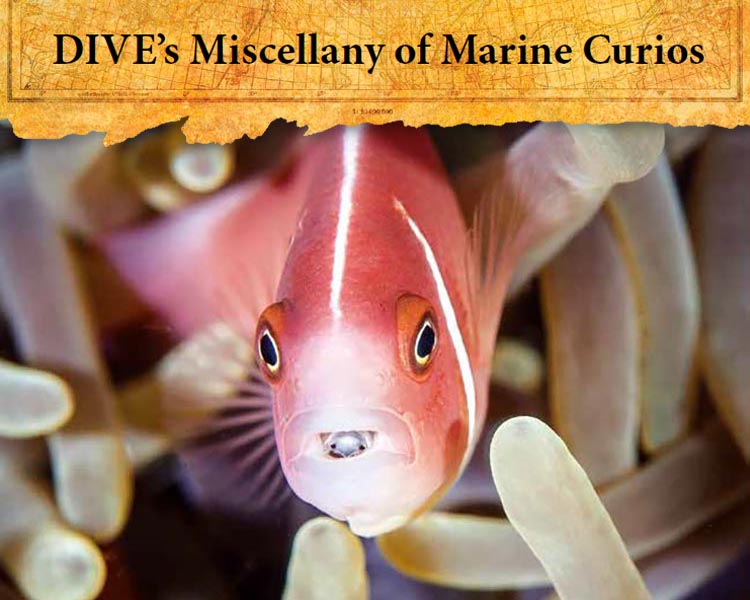
One reason to be grateful you’re not a fish – the spine-chilling Cymothoa exigua, or tongue-eating louse
Finding Nemo could have had a completely different complexion had it featured this curious parasite. The descriptively named tongue-eating louse, however, does not limit its linguaeating activities to anemonefish, but is equally at home acting as a substitute mouth organ for a number of fish species, including snapper and grunts.
And substitute is the right word. Not only does C. exigua destroy the tongue of its host, but replaces it. The isopod uses its claws to sever the blood vessels of the fish’s tongue, eventually causing it to atrophy and drop off, before attaching itself to the remaining stub – the only known case of a parasite functionally replacing a host organ. Having replaced the tongue, it then feeds off the host’s blood and mucus.
Cymothoa exigua has a wide distribution, including the Gulf of California and parts of the Atlantic. It enters its host via the gills as a free-swimming larva, where it matures as a male in its early stage before changing sex and becoming female, after which it enters the fish’s mouth and begins the replacement of the tongue. Only females become replacement tongues, and if other parasites are present in the host, only one male becomes female.
It’s difficult to know what adverse effect the parasite has on its host fish. The relationship often continues for years, although some infested fish are observed to be undersized and underweight.
It’s no surprise that C. exigua was the inspiration behind the 2012 horror movie The Bay, in which humans become infested with oversized tongue-eating lice, which eventually take over their brains. When seen here, in the mouth of an anemonefish, one battles not to view the animal with some horror – there’s something about the eyes peering out that send a chill down the spine.


